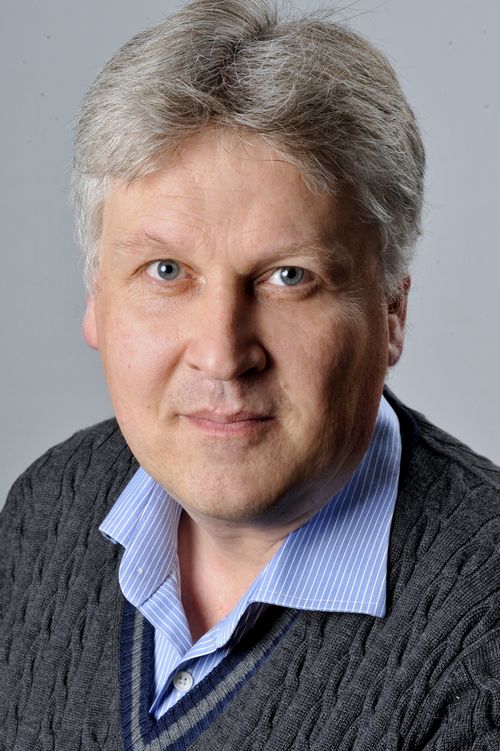Sepp Hochreiter: Long Short-Term Memory For Self-Driving Cars
Deep Learning for Self-Driving Cars
Completely autonomous driving will not be possible until a vehicle can independently recognize and assess any driving situation or situation in its surroundings, even if highly complex, and make decisions based on this assessment. This challenge can only be met using state-of-the-art approaches to artificial intelligence, which are currently under development by Professor Sepp Hochreiter and his team.
Project Details
Seed Project
Project Manager
Sepp Hochreiter
Call
1/2016
Long Short-Term Memory (LSTM) is currently “the hottest technology around, when you need to process sequential inputs,” says Hochreiter. LSTM is a neural net that can recognize and selectively store whatever may be needed at a later time, for example the words in a sentence. Today, LSTM is used in virtually every mobile phone.
Hochreiter would now like to apply it to autonomous driving.
In most current applications used for autonomous driving, decisions are made based on images from a particular point in time.
Using LSTM, Hochreiter hopes to move beyond decisions based on a single point and use information from a wide range of times, combining it into decisions that are more robust, reliable and quicker during autonomous driving.
To achieve this, neural nets are used to constantly evaluate camera images and other sensor data. This should allow situations to be recognized and anticipatedthat are encountered over the course of time but that cannot be reliably recognized from a single image, e.g. the turning maneuver of another vehicle, how a pedestrian behaves in response to a car, or ho w two children that are communicating with each other behave in response to a car. Additionally, the LSTM4Drive project will integrate the aspect of alertness.
The goal of the project is, with the aid of LSTM, to be able to make actual, fair driving decisions.
Univ. Prof. Dr. Sepp Hochreiter
Born in Bavaria, Univ.-Prof. Dr. Sepp Hochreiter has been head of the JKU Institute of Bioinformatics since 2006 after working at the Technical University of Berlin, the University of Colorado at Boulder and the Technical University of Munich.
As early as in 1991 in his master’s thesis, Hochreiter developed the idea of Long Short-Term Memory (LSTM), “but back then it was not received well, because the amounts of data and the computers necessary were not yet available. Nobody could have guessed that it would become such a success.” The first seminal publication on LSTM appeared in 1997.
His research focus is on machine learning techniques – particularly deep learning, LSTM, and representational learning – and bi-clustering, matrix factorization and statistical methods. Fields of application of this research include not only analysing biological data (next-generation sequencing, microarrays and protein/peptide arrays, protein and RNA structures/mass spectrometry), pharmacology (prediction models in drug development) and clinical studies, but also autonomous systems, computer vision and e-commerce.
In collaboration with Audi, Hochreiter has recently begun work on an autonomous driving project.
He has also been appointed head of the Artificial Intelligence Laboratory that is currently being established at LIT.

 Go to JKU Homepage
Go to JKU Homepage


